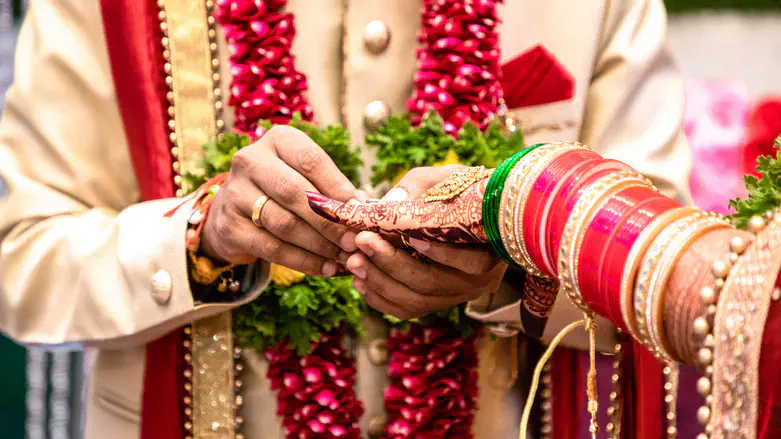
A visit to India offers a lifetime of excitement with its rich culture, breathtaking landscapes, and bustling cities. Before undertaking such a journey, it's important to understand the visa process. Avoiding common mistakes related to visas can save you time, stress, and potential delays at entry. Here are five common visa-related mistakes to avoid to ensure a smooth entry into the country:
Applying Too Late
One of the biggest mistakes tourists make is applying for a visa too close to their departure date. Processing a visa application can take longer than expected due to incomplete documentation or administrative delays. It is wise to apply for a visa at least 2 to 3 months in advance of your intended travel date. This buffer period allows for any unforeseen delays and ensures that you receive your visa well before you leave.
Applying for the Wrong Type of Visa
India offers various types of visas based on the purpose of your visit, including tourist visas, business visas, and medical visas. If you're unsure which visa type best suits your needs, consult an expert, as each visa has specific requirements and conditions. For instance, a tourist visa may not be suitable for someone attending business meetings, and a business visa may not apply for tourism purposes. Ensure you choose the correct visa type for your travel purpose. Applying for the wrong visa can delay your application process, involve more paperwork, or even result in denial of your visa.
Providing Incorrect Information
Accuracy in the application procedure is crucial. Errors or mismatches in the details you submit, such as passport details or travel dates, can lead to significant inconvenience. Verify all entries in your application form before submission, especially ensuring that your passport details match your exact travel dates. If any part of the application seems ambiguous, seek advice from a professional or review the official visa guidelines.
Not Knowing the Visa Type, Validity, and Duration
Indian visas have specific validity periods and additional restrictions. For example, a tourist visa may allow a stay of six months but have restrictions on the number of entries. Failure to understand these details can result in overstaying or issues at immigration. Before travelling, familiarise yourself with the visa's validity period, duration of stay, and any entry and exit conditions. Knowing these details will help you prepare better for your trip and avoid complications.
Non-Compliance with Requirements by the Local Embassy or Consulate
Visa requirements can vary based on your country of residence and the local Indian embassy or consulate processing your application. Some consulates may have additional requirements or follow different procedures. Check the website of the Indian embassy or consulate in your country for specific information and requirements. Not adhering to these specific requirements can cause delays or complications during the processing of your visa. If in doubt, contact the embassy directly for clarification to avoid unnecessary issues.
Paying attention to detail and planning ahead are essential for navigating the Indian visa process. By applying early, selecting the right type of visa, providing accurate information, understanding your visa's validity, and complying with local requirements, you can avoid many pitfalls and ensure a smooth entry into India. With these precautions in place, you'll be well on your way to enjoying your Indian adventure without visa-related hassles.
